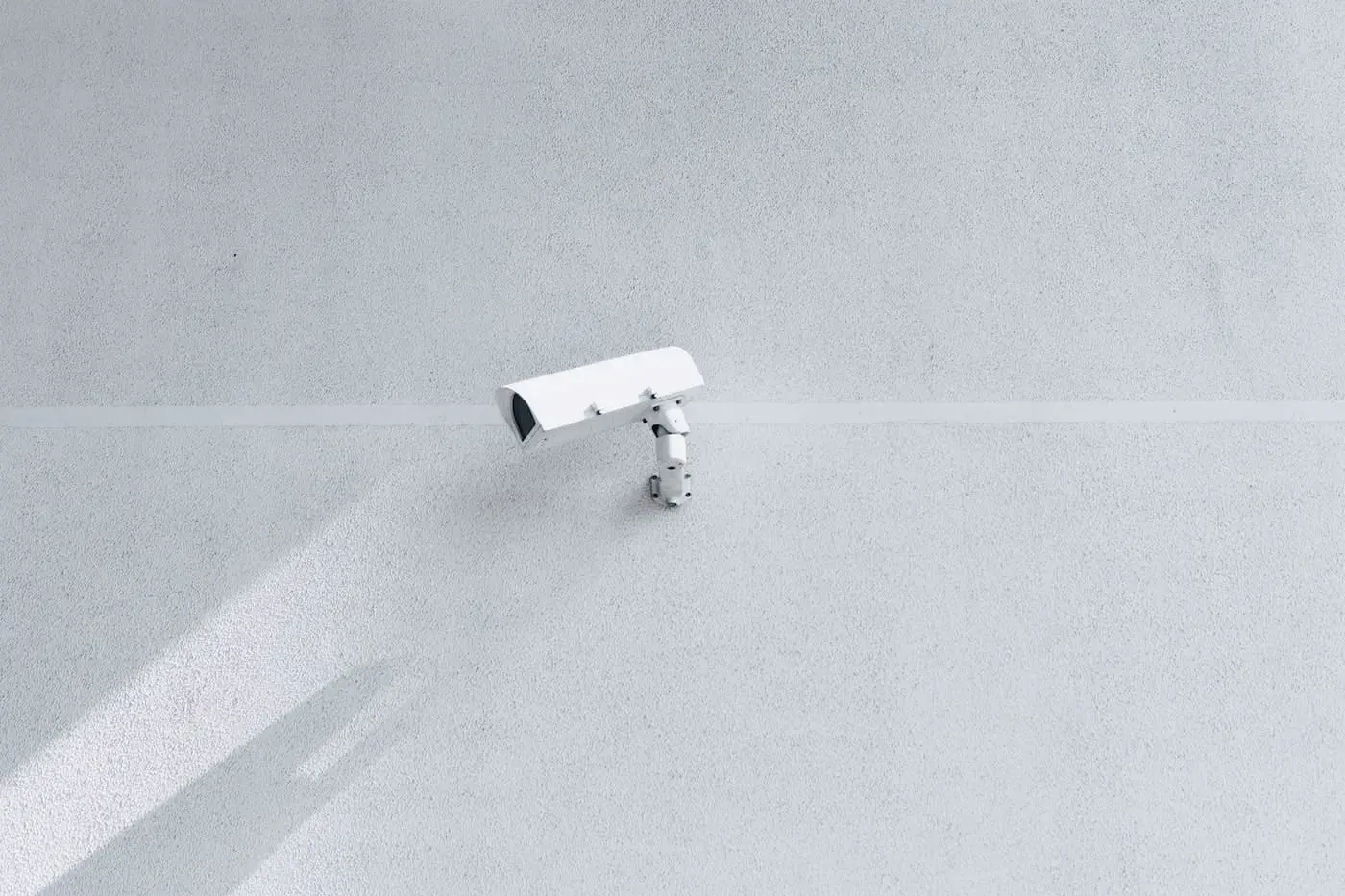What is digital security and why it matters now more than ever?

Abdultawwab A. Ibiyeye
Technical Writer
Due to an unexpected change ongoing in the business and IT world, cyber-criminals are on the prowl for vulnerable businesses to attack. Although cyber-attacks are not new to the business industry, there is a noticeable increase in the frequency of attacks.
Digital security is an umbrella term that encompasses methods and tools that enterprises can use to protect their resources, identity, and technology in the digital era. Lately, the world is becoming more interconnected due to the accelerated rate of technological advancements we are experiencing. This development is a result of more businesses keying into the much-needed digitization agenda.
Digital data and communication channels constantly face evolving levels of threat, hence the need for frequent updates of security protocols. RiskIQ approximates that $17,700 is lost to phishing attacks every minute. An academic study from the Manchester Metropolitan University has also shown that small and medium-sized enterprises are mainly targeted by cybercriminals because they often lack proper digital security systems.
Digital security adoption requires an agile methodology that caters to entire business cycles, as one successful hack could put several other aspects of the business in danger, causing an unprecedented tragedy. Therefore, organizations should assess their digital security risk level from time to time and build a high level of resistance against potential attacks. Enterprises should also endeavor to start small and scale fast to entirely secure, rather than using haphazard security protocols on a more extensive data set.
Why you should pay attention to digital security
In recent times, businesses have adopted a remote-working culture that allows their employees to work from anywhere in the world. Though a great practice, it has proven to open communication channels to cyber-attacks and reduce the level of data privacy in the organization. In a study presented by CNBC, 36% of their technology executive association members reveal that cyber-threats have increased as a result of their employees working from home. At the same time, some experts say the level of cyber risks might be higher than the study reveals.
While many enterprises believe that antivirus programs are enough to tackle cyber-security threats and effectively lower risks, it is important to note that although an up to date antivirus software can be effective against viruses, cyber-attacks come in more forms than just viruses. Nevertheless, all-round security practices can be employed. Businesses without security professionals can engage the services of organizations that offer on-premise or cloud security services.
Notably, adopting cloud services can significantly reduce the aftermath of ransomware attacks — a situation where cybercriminals take control of enterprise data, and demand for payment before releasing it. A popular example is the WannaCry ransomware attack of 2017 that affected over two hundred thousand computers, costing organizations a cumulative loss of up to a billion dollars.
Lack of digital security sensitization is at the forefront of the reasons why SMEs (Small and medium-sized enterprises) are losing vast sums to cyber-attacks. Digital security strategies are futile if employees are not oriented and aware of the threats the enterprise’s digital data face. Without proper training, all efforts to guarantee a secure system will be undermined. Frequent training sessions to help employees better protect themselves and the business, in general, should be the first step in securing data. For example, two-factor authentication for business-related accounts is critical to detect and stop phishing attempts.
Ongoing support to make sure employees have the resources they require to maintain a secure data storage and communication channel is also needed. An IT team might not be able to cater to every employee’s security needs adequately. Consequently, proper orientation and training are vital steps to reduce the risk of cybercrimes.
Next steps for your digital security
Some essential tips that can help your organization stay secure include ensuring employees use work email accounts solely for work-related activities, as cybercriminals can get access to computers remotely by spamming their emails with phishing web links. Another security tip is encrypting essential business data. This measure guarantees that even when enterprise data is exposed, it will not be in a readable or usable form.
A final tip is to employ the services of penetration testers, widely referred to as ethical hackers. Also known as white hat hackers, pen testers use different digital security tools to make sure your organizations data privacy is at the maximum level. They legitimately try to penetrate networks, employee accounts, and data storage paths to give a detailed report of how the adopted security practices will fare against attacks.
At Bertoni Solutions, we offer cloud migration and cloud security services that reduce risks and caters to your technological vulnerabilities while providing the highest level of security assurance. Our team of experienced and certified cloud experts prioritizes security and operational efficiency. Contact us to learn more about solutions that will secure your entire business processes.


.webp?width=300&height=200&name=make-an-appointment%20(1).webp)





